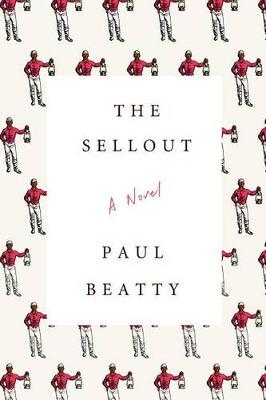Reviewed by gmcgregor on
We go back in time to get Me's whole story, from being homeschooled by his father, who uses him as a subject in various psychological/sociological experiments in the oddball agricultural community of Dickens, to his childhood friendship with Hominy, a cast member of the Little Rascals (who later pledges himself to Me as a slave after Me saves his life, much to Me's chagrin), to his long-running crush on his beautiful neighbor Marpessa, who drives a city bus, to his eventual decision to pretend there's an all-white charter magnet school going in across the street from the local school that's overwhelmingly attended by students of color, which winds up with him in front of the Supreme Court.
This was a book I read for my book club, and I was surprised to find I was one of the few for whom it didn't especially resonate. But as I listened to the others talk about how they found the satire refreshing for its bluntness and outrageous honesty about the state of race relations in America, I think maybe one of the reasons it fell a little flatter for me is that I'm on the younger side in that group and being more immersed in an internet culture where these issues are more on the forefront maybe made the punches land less hard, since they were more expected. In a world where Get Out was an enormously popular, Oscar-winning movie (and a good, interesting one that I personally really enjoyed), The Sellout's transgressive satire seems almost tame even though it's only a few years old.
To be sure, there are some brilliantly inspired moments (that opening Supreme Court scene, the Dum-Dum Intellectuals, the "sanitized" versions of racially-problematic novels), and if you're looking for a book that will be very up-front and sometimes uncomfortable (so many n-bombs!) about race in America, this is a very good book. Chattel slavery, and the institutionalized racism that persists to this day, is something that we're still struggling with. This book was written during the Obama era, when everyone was busily congratulating each other on living in a post-racial society, and the way it refuses to play along and pretend that was true feels eerily prescient given the election of Donald Trump. This book is smart, funny, and pulls zero punches (though those punches might not land quite as hard as they did even a few years ago, depending on what the dialogue you engage in looks like). It didn't quite ensnare me, but it's definitely worth reading.
Reading updates
- Started reading
- 9 February, 2018: Finished reading
- 9 February, 2018: Reviewed
